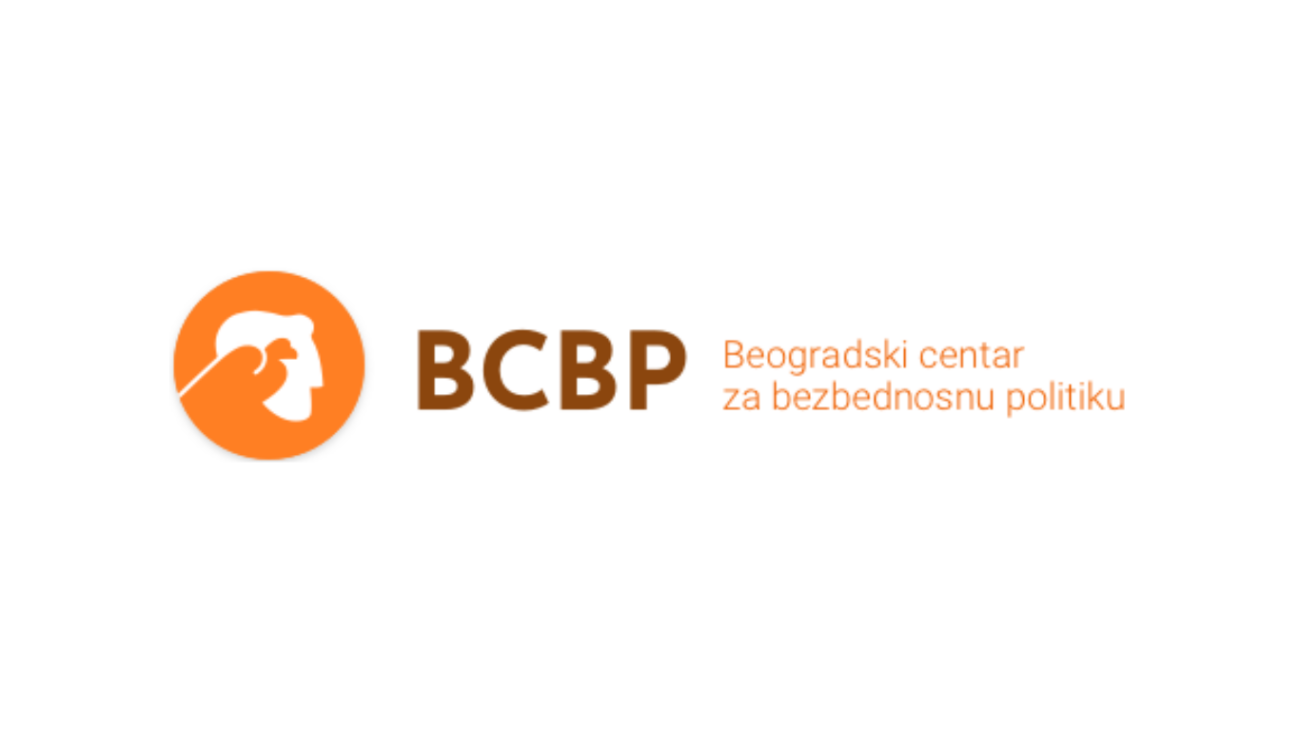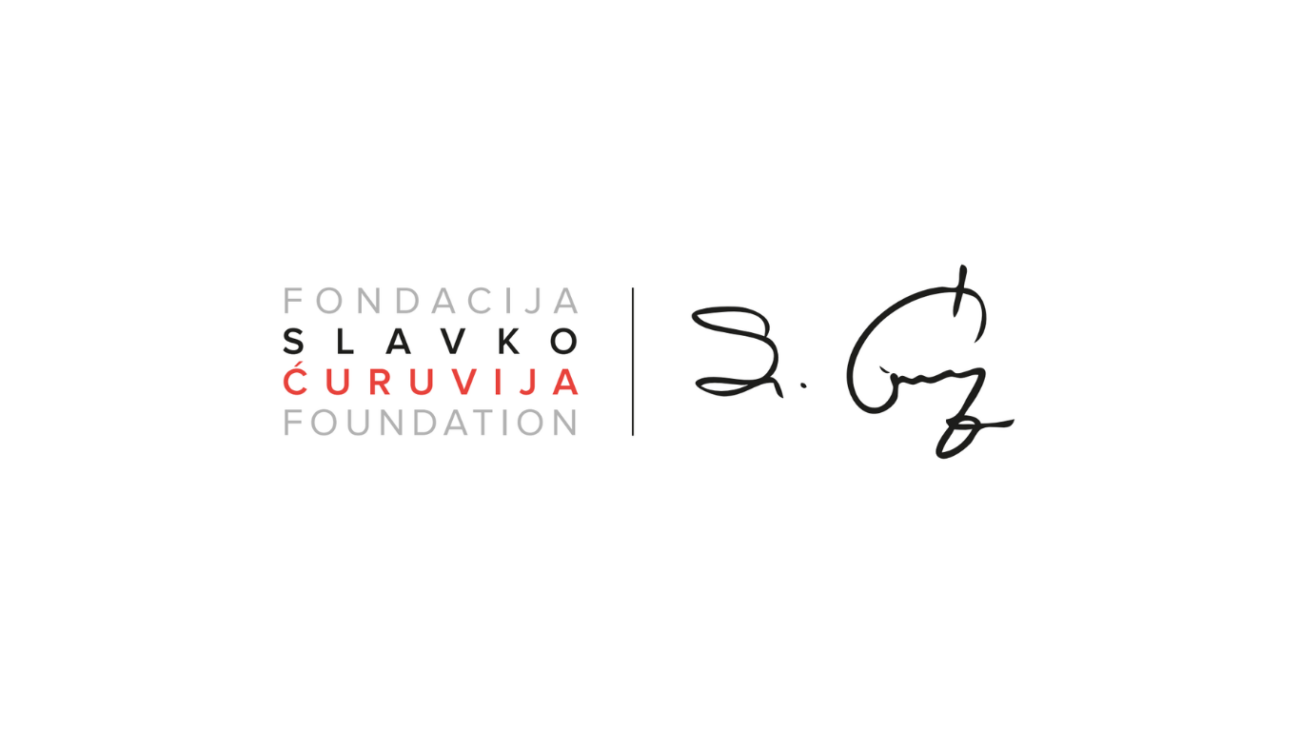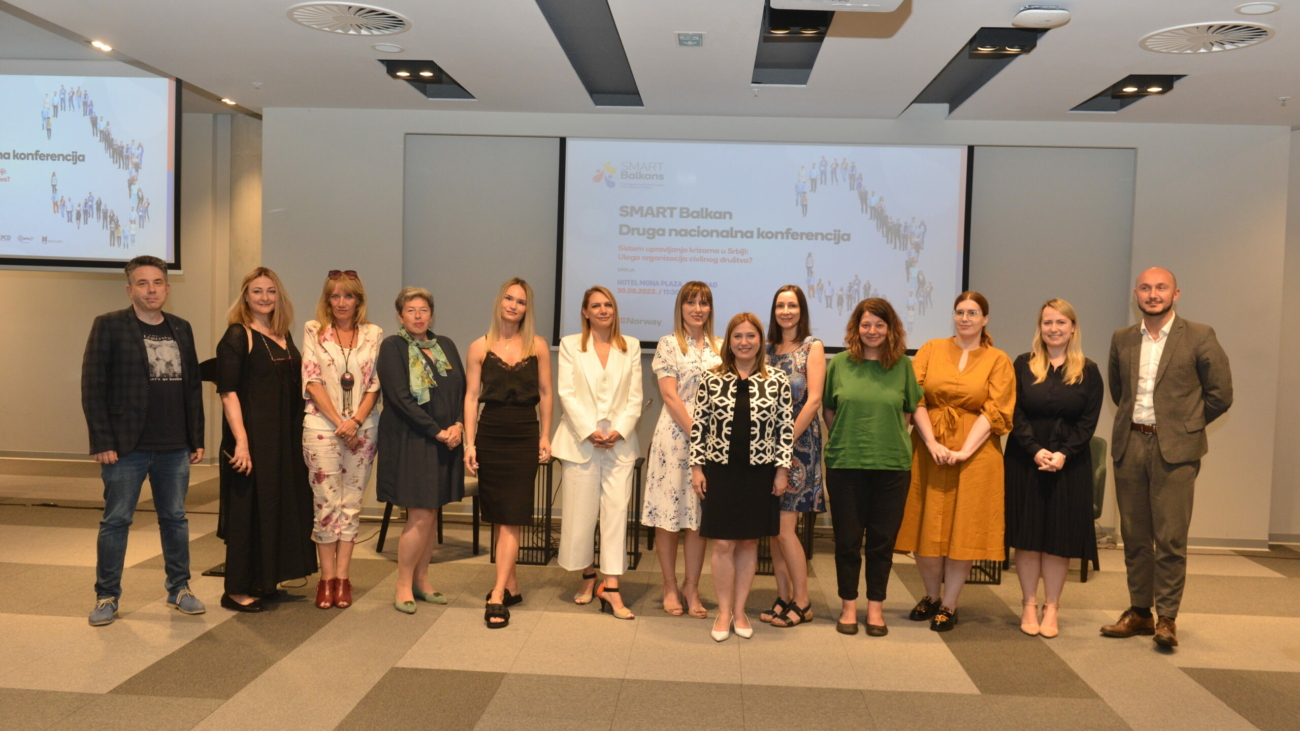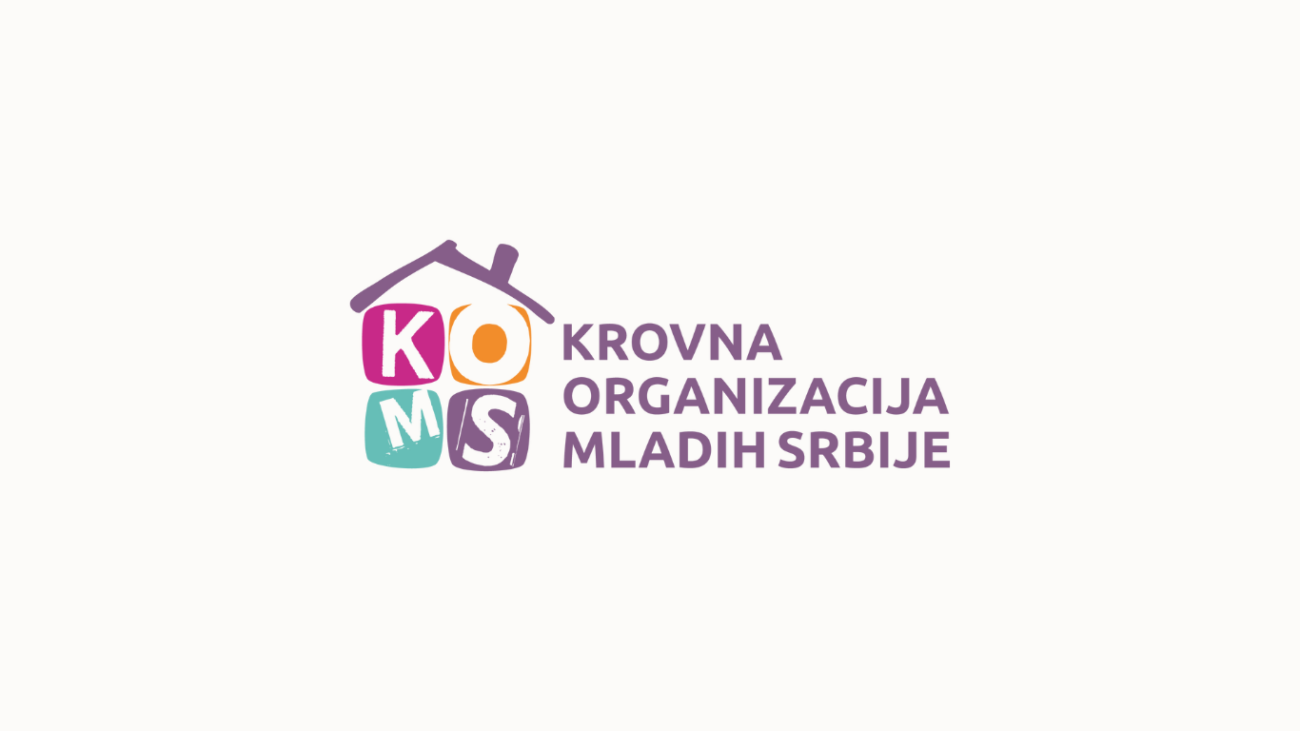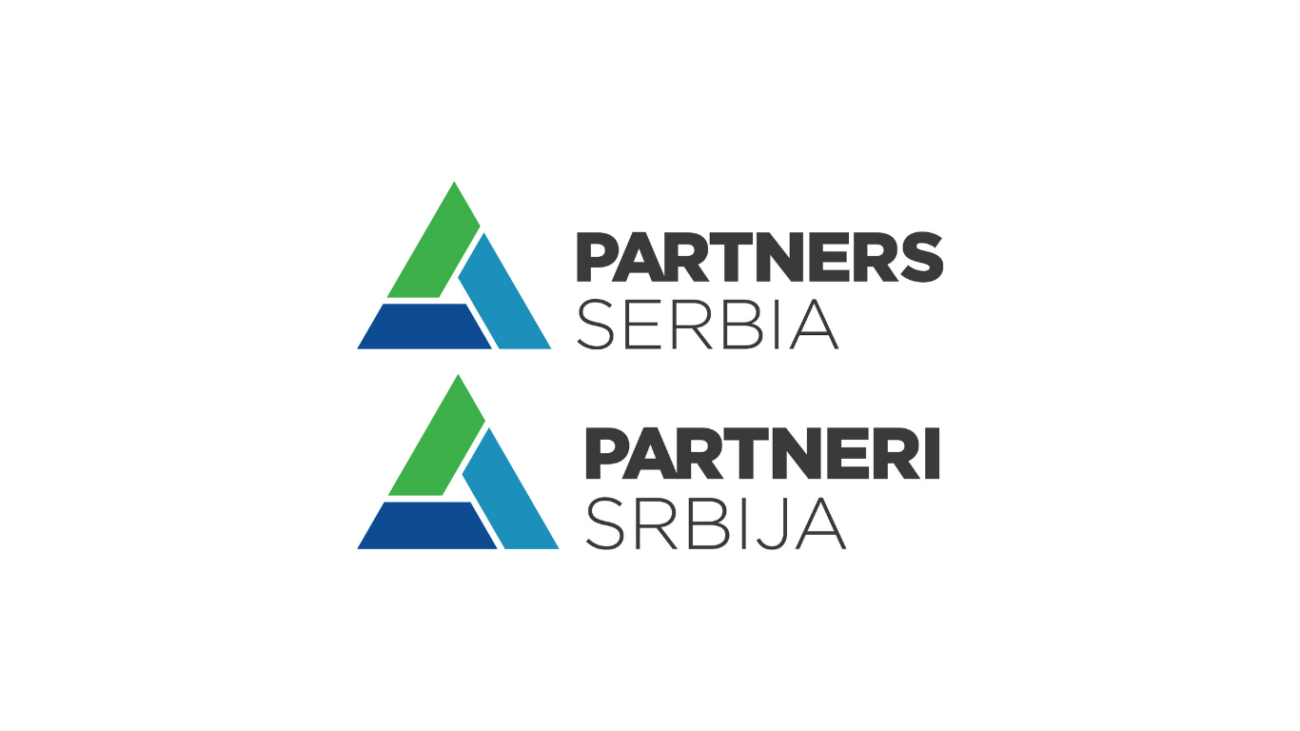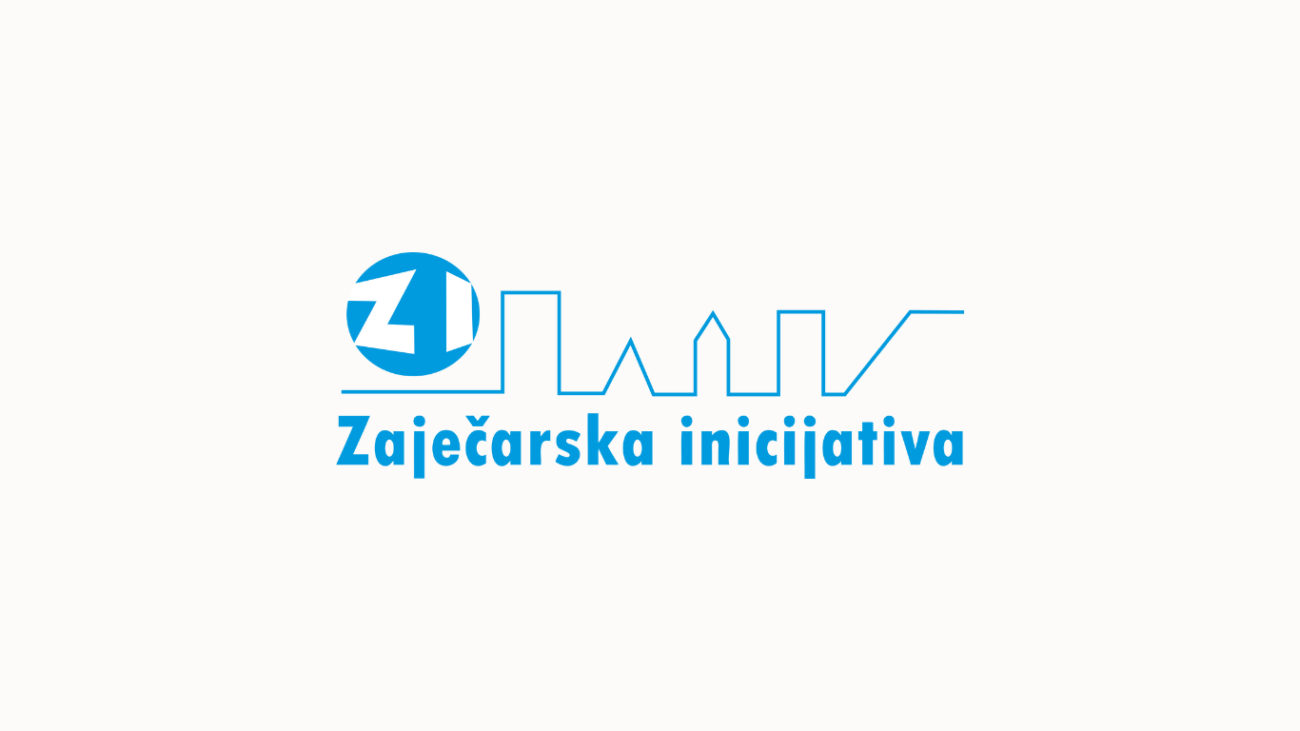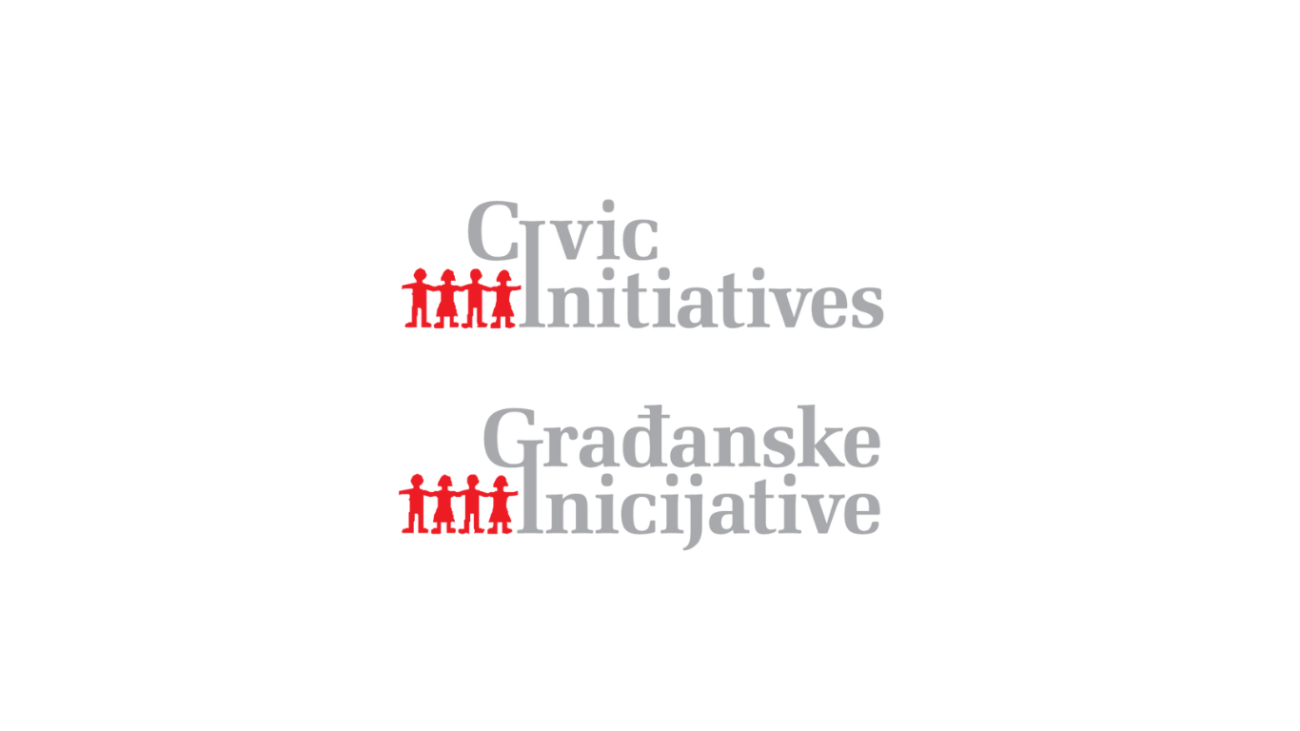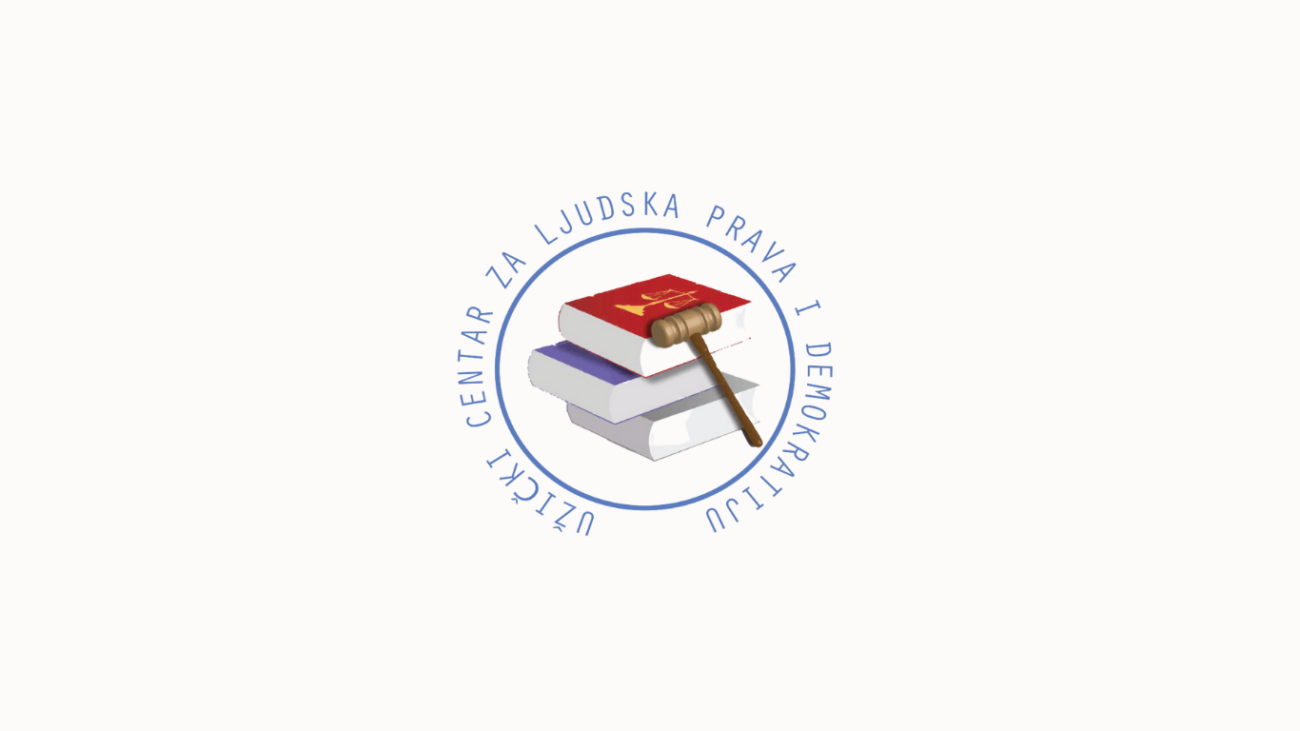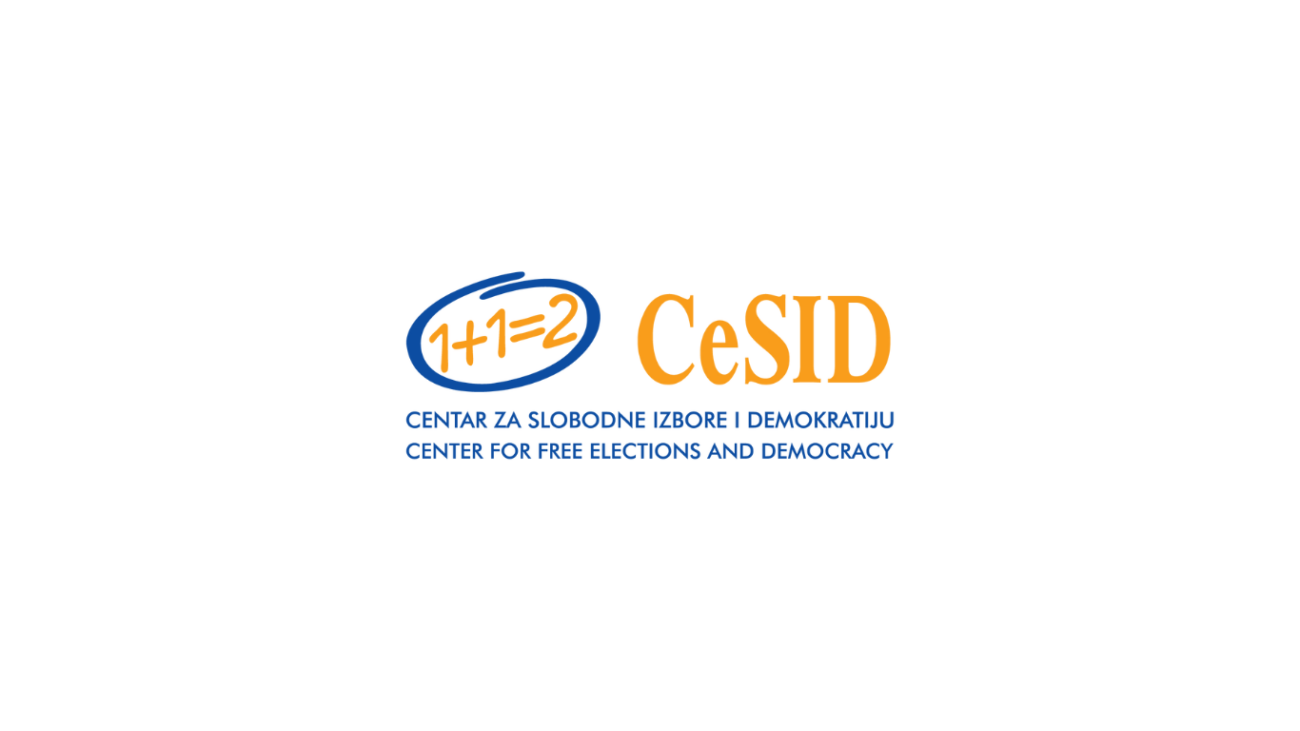Description
The project aims to assess security measures following multiple murders in Serbia – Institutional Responses to Violence. In Serbia, in early May, two events occurred that significantly impacted the public. The first incident took place in an elementary school, involving a student who used a weapon legally owned by their father to commit the murders. The second incident involved illegal firearms, including an automatic rifle, used by a twenty-one-year-old who randomly fired at fellow citizens in the vicinity of Belgrade during the night. This act allegedly followed a dispute with locals.
In response to these tragic events, the Government of Serbia promptly announced two sets of measures. These measures aimed to enhance control over and reduce the number of weapons in the possession of citizens, along with implementing emergency measures to improve school safety and prevent peer violence. However, it is worth noting that these measures were enacted without conducting a comprehensive analysis and considering all potential consequences. Some of these measures may have unintended adverse effects, such as the deployment of police officers in schools.
The actions taken by state institutions following these tragic events exhibited several shortcomings and may have further contributed to the trauma experienced by victims and citizens. Additionally, these actions may have inadvertently encouraged a so-called “copy-cat effect,” as initial data indicate a significant increase in reports to the police in the days following the murders.
Serbia currently ranks at the top globally in terms of the quantity of weapons in the possession of its citizens. This situation raises concerns, and there is a need for thorough research on youth safety and the potential effects of implementing the announced measures on personal safety.
Target group and main beneficiaries
Citizens, The Ministry of Interior, the Ministry of Education and the Ministry of Justice
Main activities
- Collection of current and previous data on campaigns/calls by the Ministry of Justice for surrendering weapons without legal consequences and proof of the origin of weapons through collection, including:
- Examining public opinion on the institution’s response to violence, i.e., the measures taken to control weapons and increase security in schools, and examining citizens’ perceptions of safety.
- Collecting data on implemented measures by the police in schools through literature review, official announcements, and interviews with police officials.
- Gathering data on implemented measures by the police in a weapons collection campaign through a literature review, official announcements, and interviews with relevant figures.
- Collecting data on implemented measures by the police regarding gun control (both legal and illegal) through a literature review, official announcements, and interviews with police officials.
- Analyzing collected data using quantitative and qualitative methods and writing a report.
- Presenting research results online through existing communication channels with the Ministry of Interior via the National Convention on the European Union.
Related news
Analysis of measures taken by the government in the areas of gun control and the security protocols

